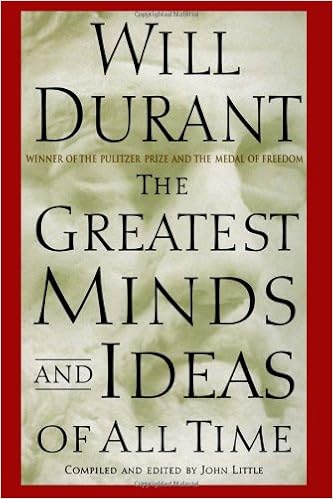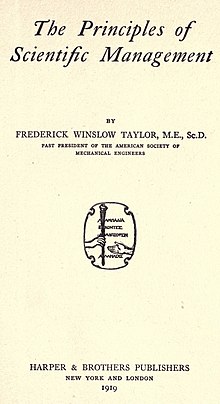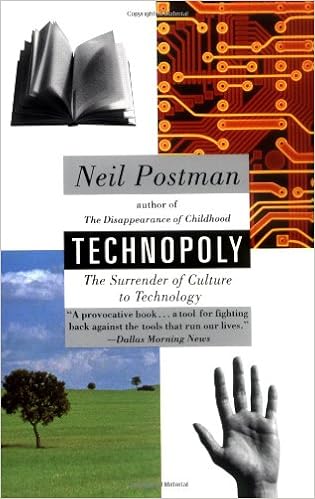The book is a compilation of diary entries kept by Anne Frank, a daughter in a Jewish family which was in hiding in Amsterdam, the Netherlands, in 1942-1944 during Nazi occupation.
The diary entries end -- understandably a bit abruptly -- when the family was discovered and apprehended by the authorities, and sent to the concentration camps. Only the father of the family ultimately survives the camps.
Was it good?
The book is remarkably good, and well worth all the acclaim around the world for decades.
The book is good at so many levels. First, the author -- 13-15 years old at the time of writing -- is remarkably mature and fluent writer for a girl of her age. Second, she is especially bold and talented in describing the thoughts and feelings of a teenage girl. Third, the peculiar circumstances of the author and her family -- hiding in a building annex with another family during Nazi occupation -- make the book historically very valuable and of special interest. And fourth, the text -- as read with knowledge of what eventually happened -- is highly resonant at places giving it extra emotional load.
The main take-away for me?
The obvious take-away here would have to do with tolerance, inclusivity, anti-racism etc. But perhaps even a stronger one has to do with the mental life of children. It may be that Anne Frank -- 12 years old at the time of starting the diary -- was quite exceptional, but I'm pretty sure that we adults by and large under-estimate what goes on inside the heads of our children, and we should usually take them more seriously and involve them more in discussions and decision-making.
Who should read the book?
Well, just everyone.
The book on Amazon.com: The Diary of a Young Girl







